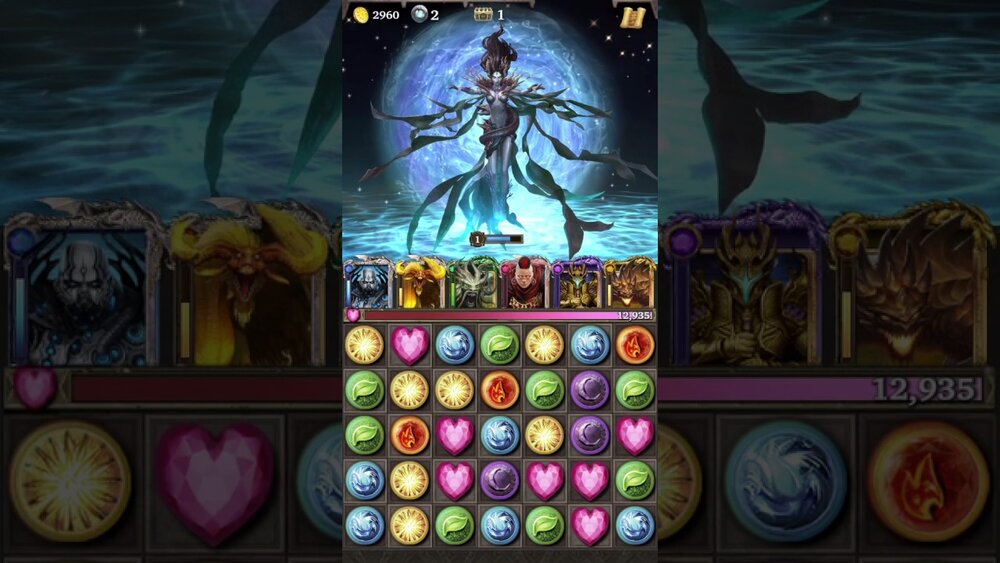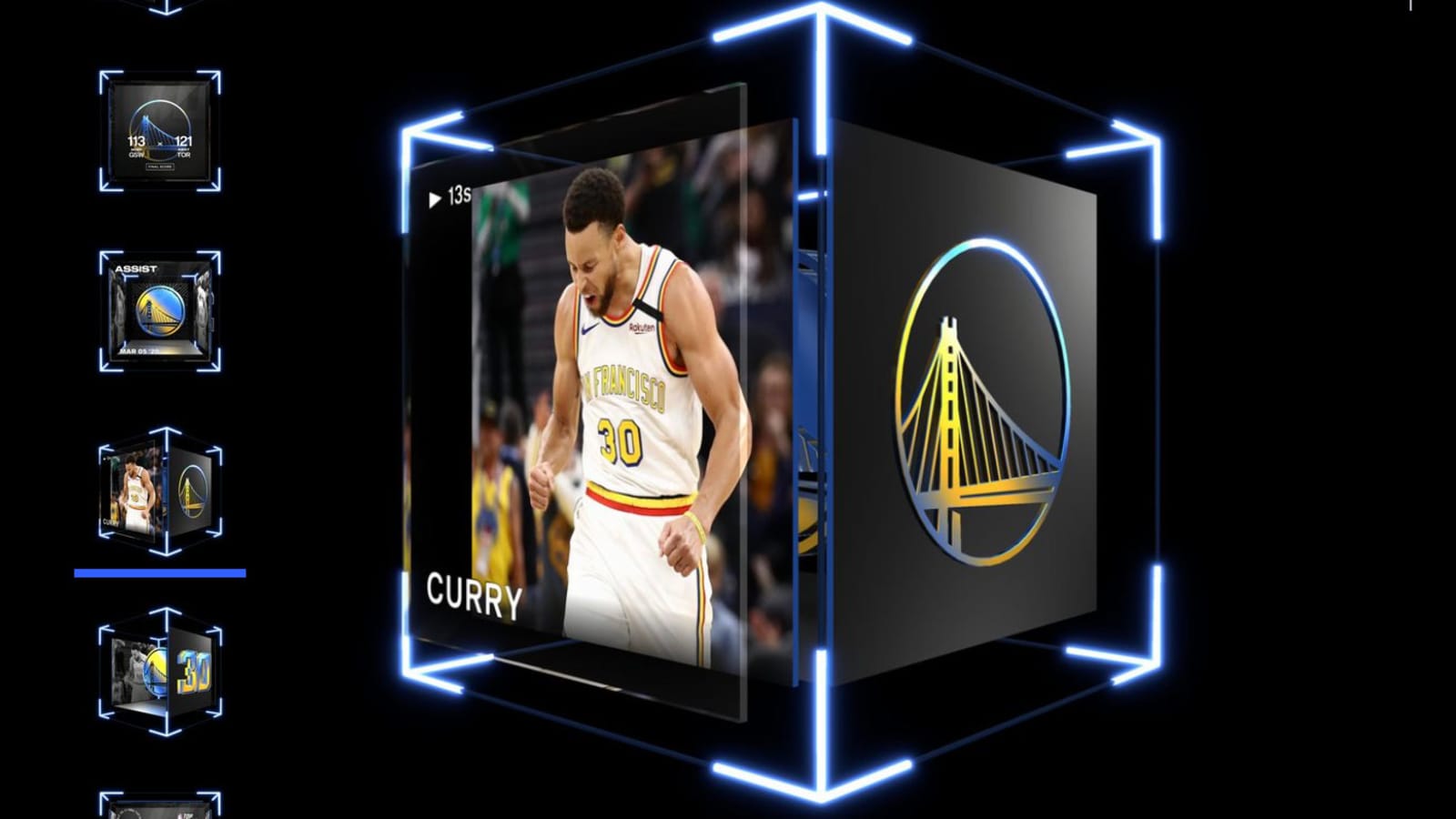Ethan Levy, executive producer of N3TWORK, is confident in the bright future of blockchain games. In a large column for the Deconstructor of Fun blog, he explained how the concept of digital ownership can change the relationship between developers and users, as well as solve key problems of the gaming economy. The main points from the material are in our retelling.
The Sandbox
Fighting power shift
Power shift (power creep) is a phenomenon inherent in almost all games—services and projects with a long support period. As a result of the regular release of add-ons and balanced patches, each new character, item or mechanic is often stronger than the previous ones. This inevitably leads to the loss of relevance of the old content.
Thus, players are forced to get new heroes or unlock new cards in order to continue competing with other users. Because of this, the previous content becomes outdated and, in fact, drops out of the game.
A similar problem occurs in many genres — be it classic RPG or card games like Hearthstone and GWENT. For developers, the power shift is actually a mandatory “crutch” and a necessary sacrifice, since they are directly interested in promoting and selling new content.
As an example, Levi cites the mobile Legendary: Game of Heroes, on which he worked as a lead designer. No matter how hard he tried to work out the characters and their stories, any of them lost popularity among players after several updates and the appearance of stronger heroes.
The problem of power shift, Levy believes, can be solved by blockchain games. The ability to buy a hero, an item, or any other content in the form of an NFT makes it unique and creates the necessary deficit. As a result, the character that the user acquired in the first months after the release will eventually increase in price and become more rare.
Thus, developers can safely release new content without worrying about the loss of relevance of the old one.
Legendary: Game of Heroes
No disappointment from the purchase
Regret about your purchase is a consequence of the power shift. Players invest their time and/or money in the game only to see how the content they receive devalues in the future.
“I spent a lot of money on time-limited offers in games like AFK Arena, Idle Heroes and Heroes Charge. Every time I asked myself, “Why are you doing this? After all, you will never top the leaderboard in PvP mode and you will regret the $15 spent on this combat pass.”But I still spend the money again, ignoring the inevitable feeling of regret,” Levy admits.
However, this problem disappears if the user actually owns the purchased items. You can keep them for yourself or sell them to other players at any time if they are not needed.
Levy cites the example of the NBA Top Shot. On the one hand, he could not explain to his wife the meaning of buying the first pack for $100. On the other hand, he was happy when he took out of it a rare gaming moment worth $1600.
It is worth noting that in the NBA Top Shot cards are just collectibles and for sale. In full-fledged games, such mechanics can be used without such a commercial purpose. It is enough for the user to be able to sell his resources to another player in case they have lost relevance for him, or he is simply tired of the game itself.
This gives the necessary sense of confidence that the money for the purchase was not spent in vain. According to Levy, such an approach will change the very attitude to the purchase and use of digital goods.
NBA Top Shot
Meeting the needs of different types of players
Levy notes that the highest-grossing games sell power to the user. There are rare exceptions when the business model of the project can work effectively only at the expense of “cosmetics”. However, developers often focus on players who want to be the strongest, win events and see their name on the leaderboard.
At the same time, there are many users who want to farm resources, collect collections, make friends, or just log into the game for a few minutes to relax. The requests of such players are often ignored in terms of the content available to them for purchase.
According to Levy, in blockchain games, developers can adjust the design to a variety of user groups. Players with a lot of free time can collect items and then sell them to users who want to be the strongest without having to spend many hours grinding. Guilds may have additional goals in addition to maintaining leadership in the list.
All this, Levy believes, can make video games more inclusive and suitable for many different users at once.
The struggle with existential horror
Levi admits that every time he finds a new fritupley game, the little angel on his shoulder tells him, “Don’t turn it into your new hobby.”
Each of his game cycles usually has the same pattern. For several months, Levi has been playing the game 6-10 times a day. Sometimes he makes purchases without entering the territory of the “whales”. However, in the end there comes a series of questions, after which he forgets about the project.
“I ask myself, ‘Why? What’s the point of grinding and trying to make progress in this game?” This existential horror haunts me immediately after installation. I will never be able to become the best player on the leaderboard. And even if I succeed, so what? The gaming experience itself, after all, ultimately feels empty and meaningless,” explains Levy.
According to him, the possibility of digital ownership of game items would answer all these questions at once. The purchased content will have a value that, if desired, can be converted into real money.
Levy notes that earnings cannot be made the main goal of the game itself. However, the very possibility will already help many users to get rid of fear and the feeling of wasted time.
Creating a sense of shared ownership
Developers often make changes to their games in order to achieve certain business goals or improve KPIs. They change events, mechanics and make edits to the balance.
All this can make users angry, because many people have a natural sense of ownership in relation to their hobby. They are annoyed when developers make adjustments to the usual way without their knowledge. Because of this, some players may leave forever, and others will leave negative comments on social networks.
The root of this problem is the players’ lack of real control.
In contrast to this, blockchain games act, since they are based on the concept of self-government. In any of these projects, there is a set of immutable rules for ecosystem participants that regulate the ownership of digital items.
This opens up new opportunities for interaction between players and developers. For example, users can vote for a balance correction before developers start making edits. Or they can choose the rewards given out for a future event.
Thanks to this approach, users may have a sense of belonging to the development of their favorite game. With the help of a management system, developers can completely transfer the future of the project into the hands of the community.
On the one hand, this prospect scares Levi, because the actions of the players may be too unpredictable. On the other hand, the presence of at least partial self—government will strengthen the user’s relationship with the game. The community can even take the project to a new level by offering a number of ideas that developers have not even thought about before.
***
For these reasons, Ethan Levy believes that blockchain games are not just a passing hobby, but a real gaming revolution that is just emerging.
“We already have a blockchain game with a turnover of over $1 billion and a daily audience of 1 million people [we are talking about Axie Infinity – approx.]. If this is just the beginning, then a game that will attract 10 million daily users and will have an annual turnover of $10 billion is not far off,” Levi concludes, although he notes that he may be mistaken.




